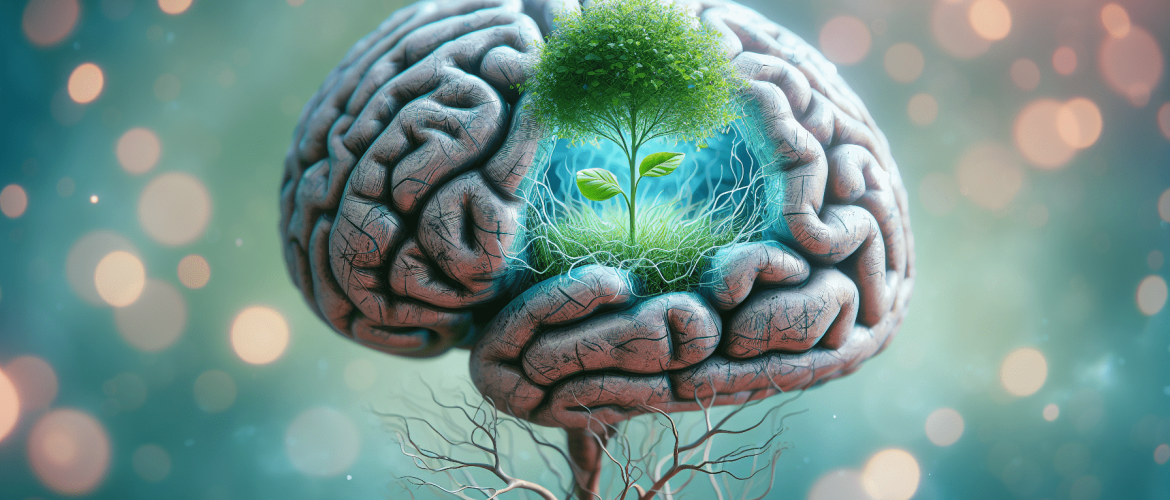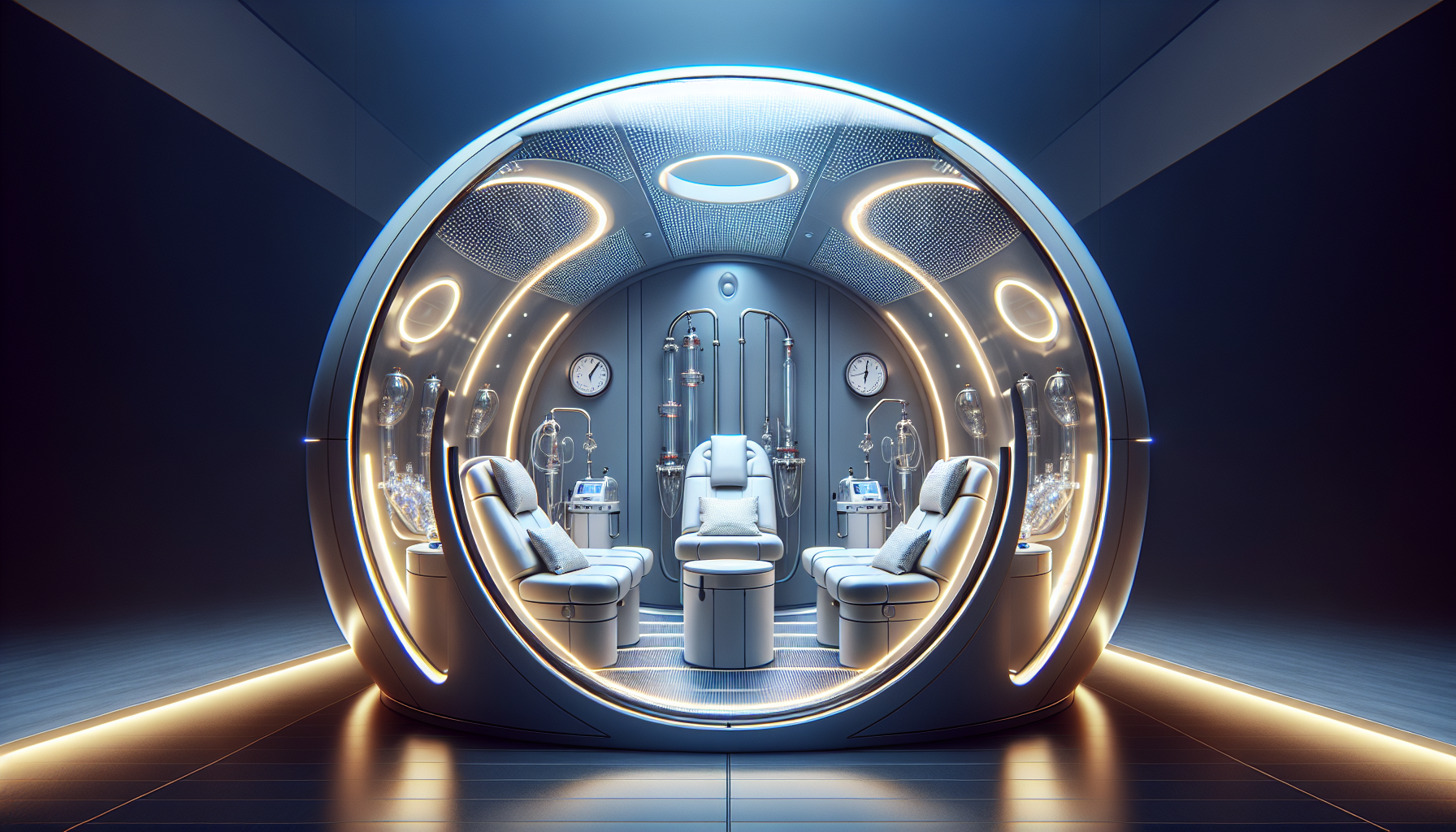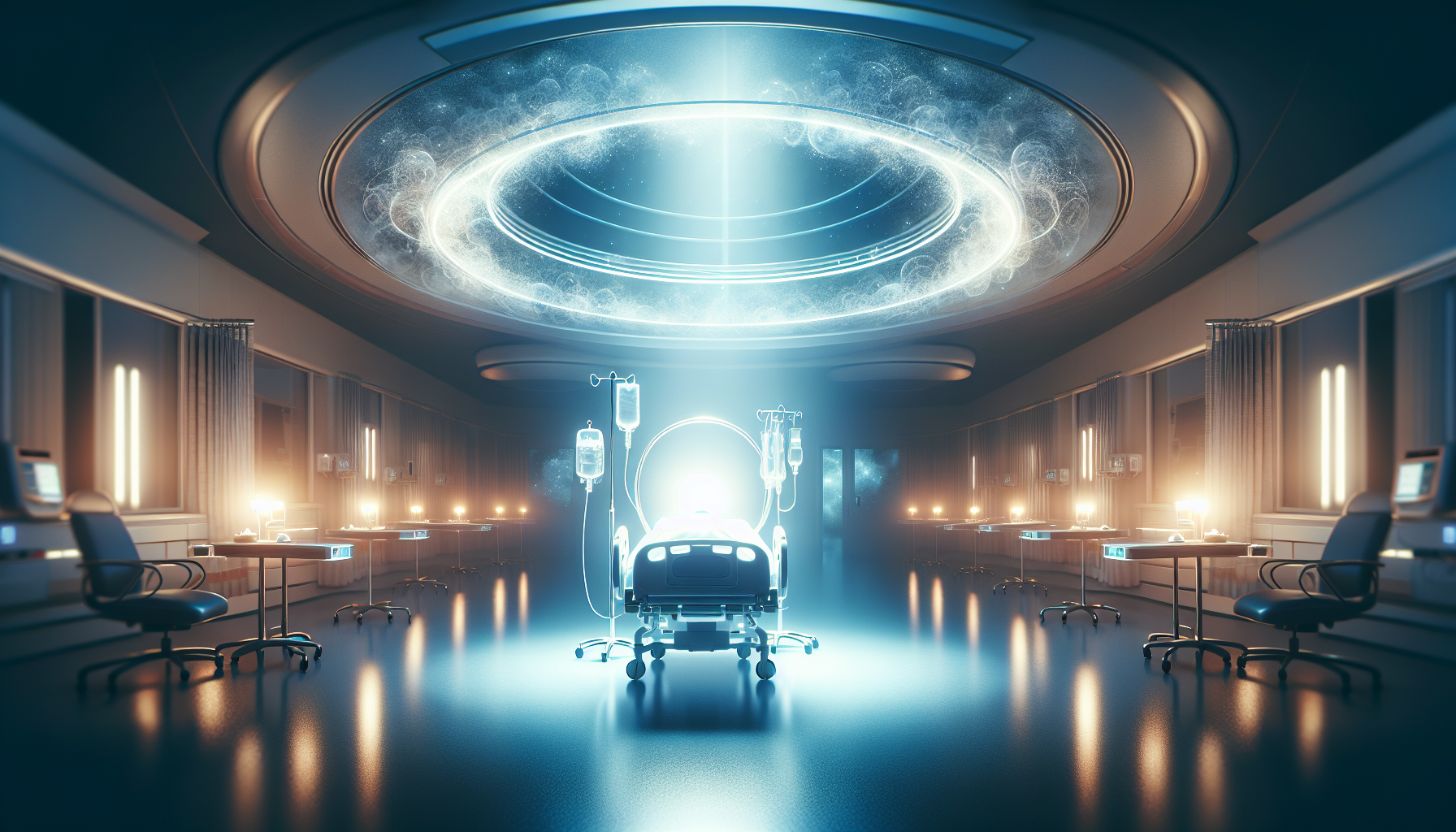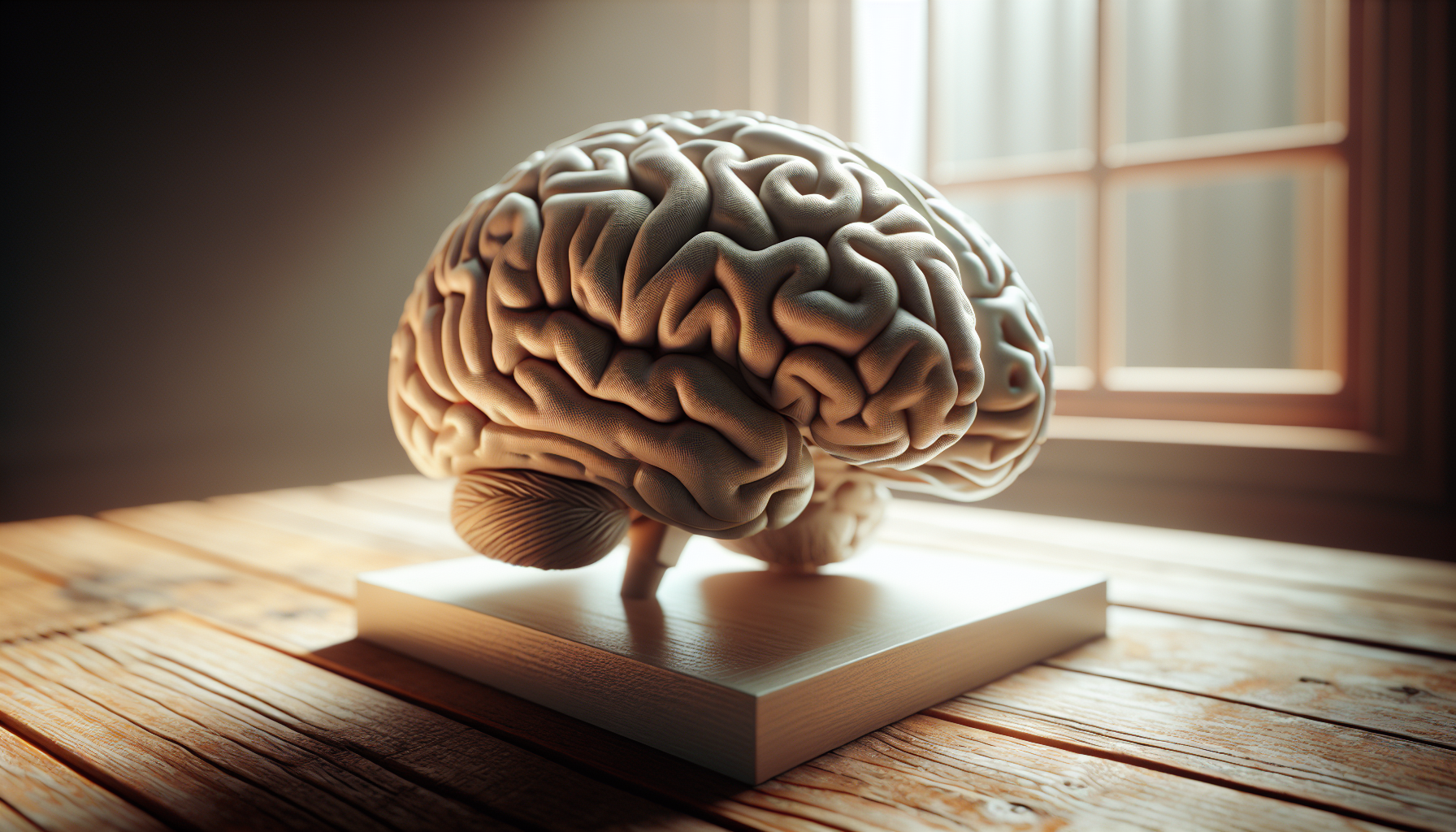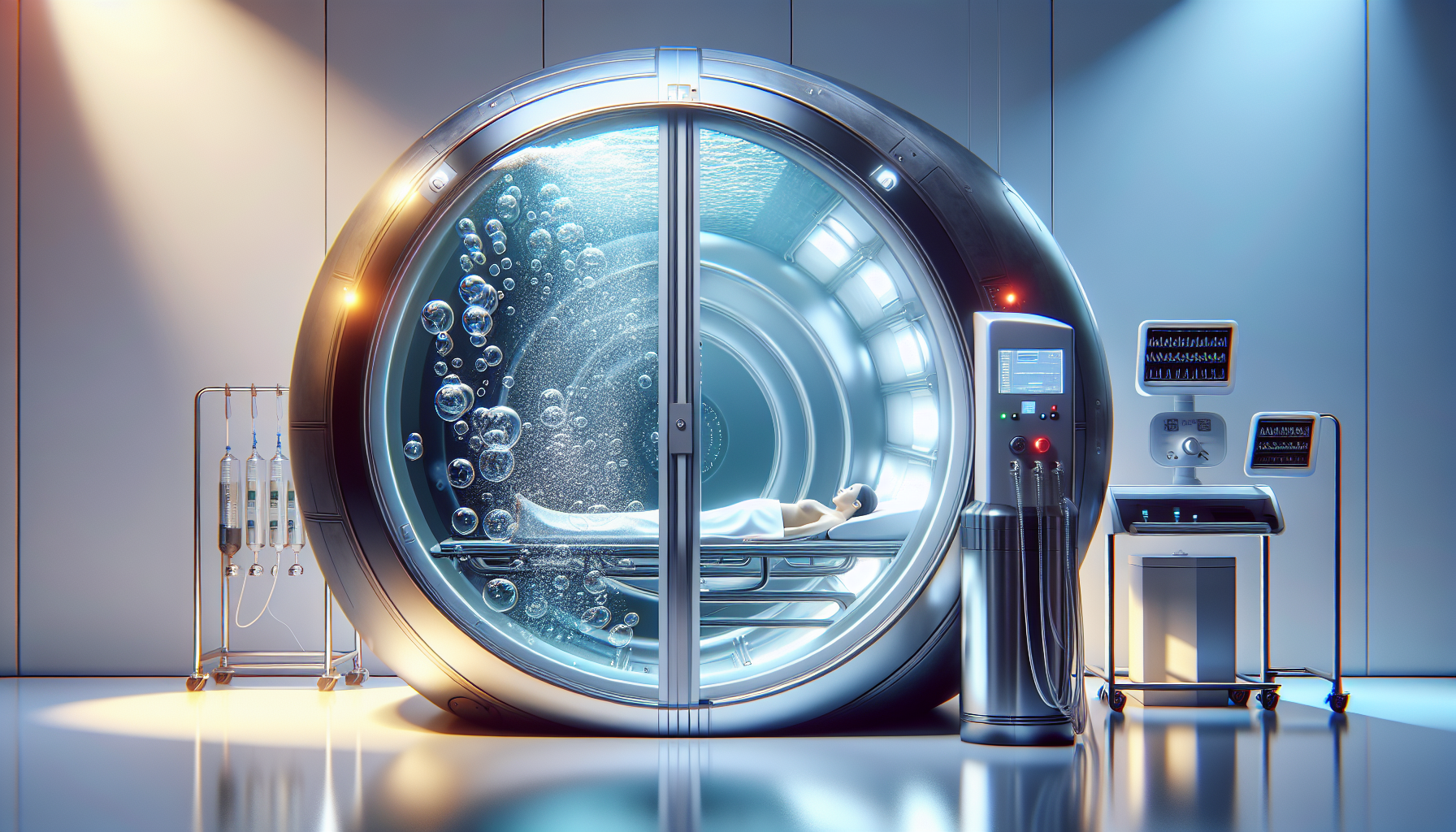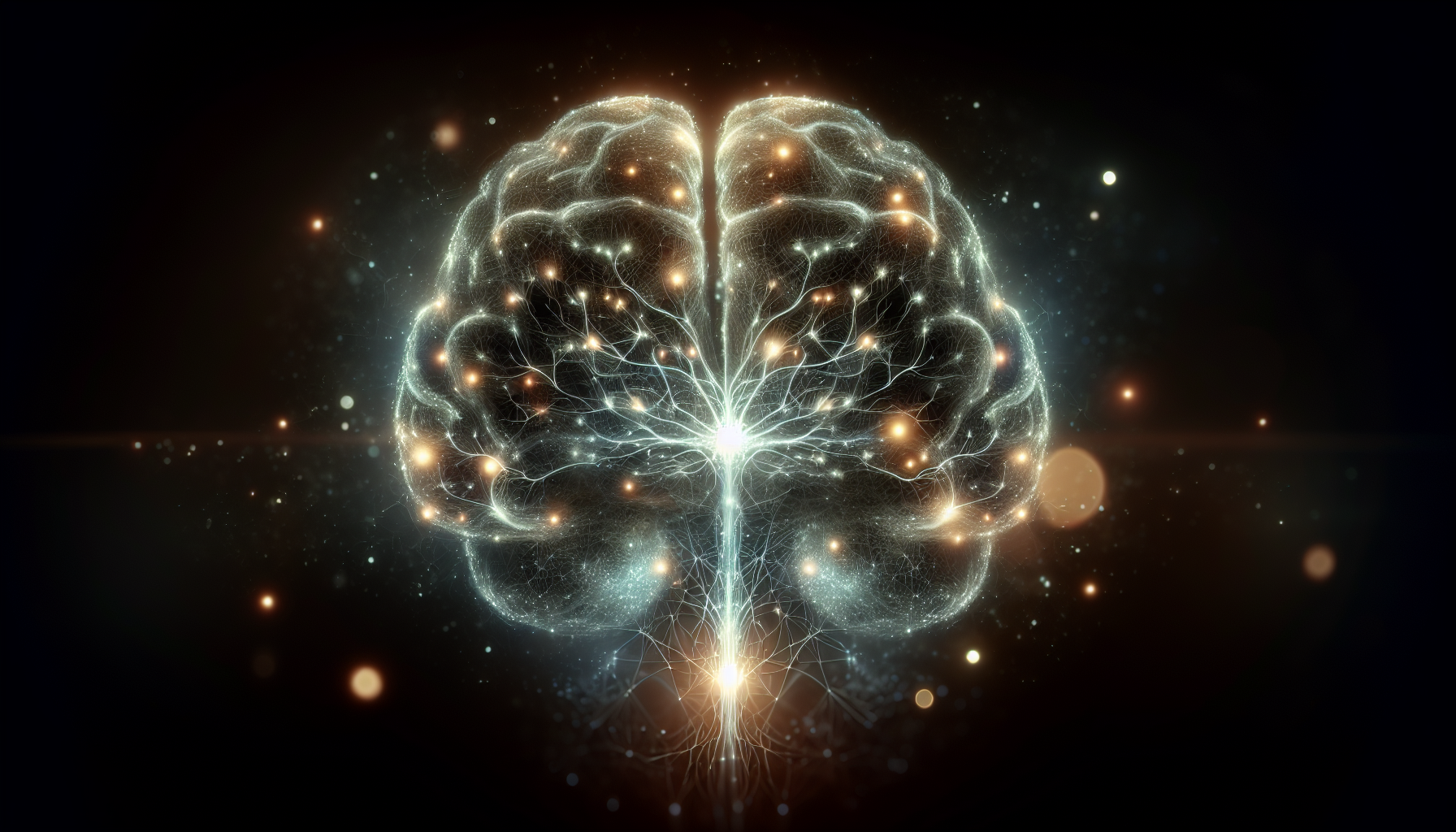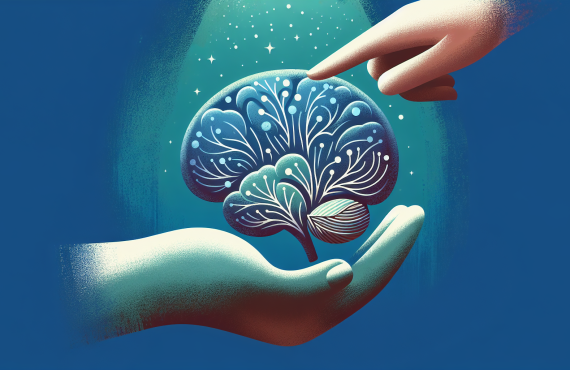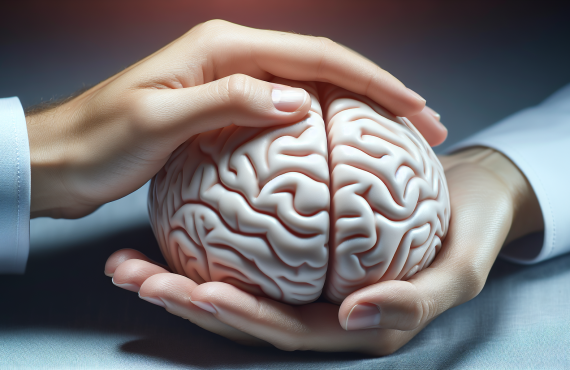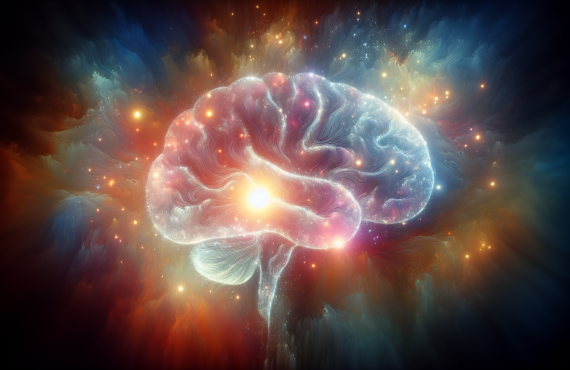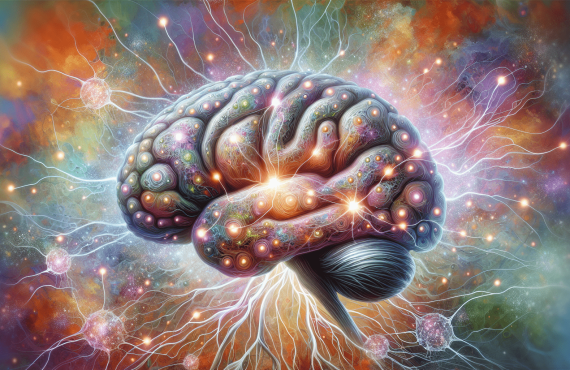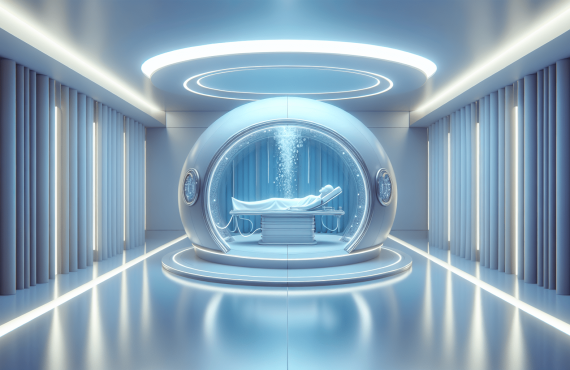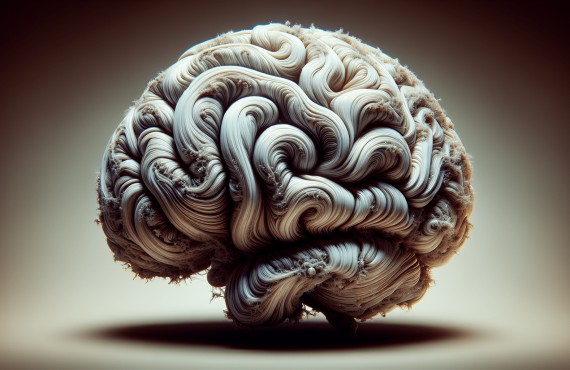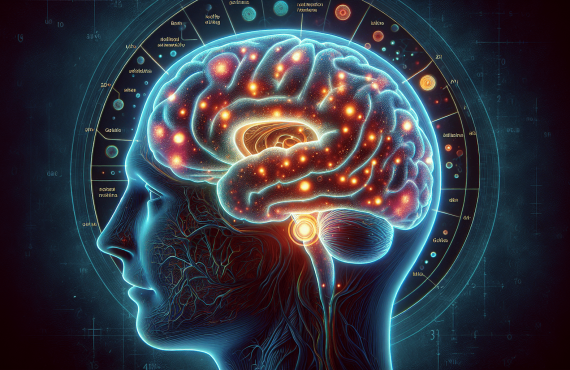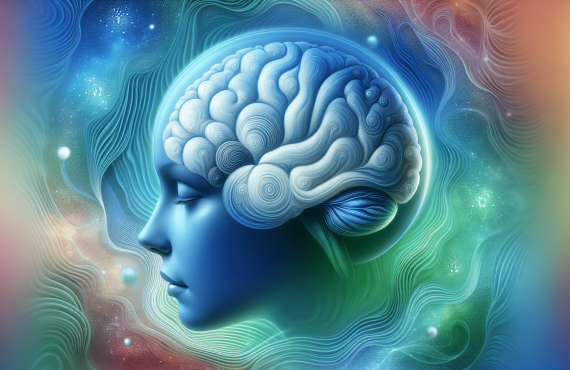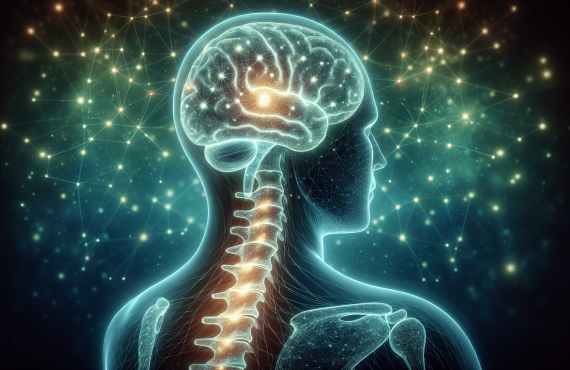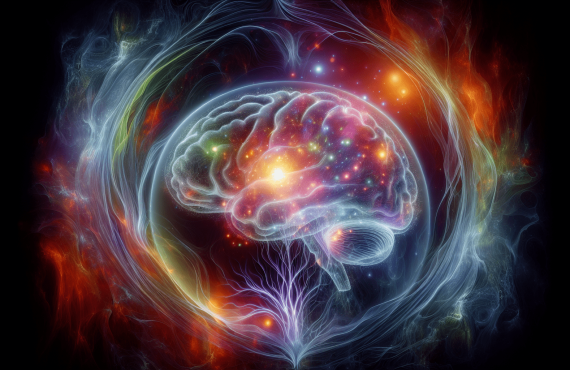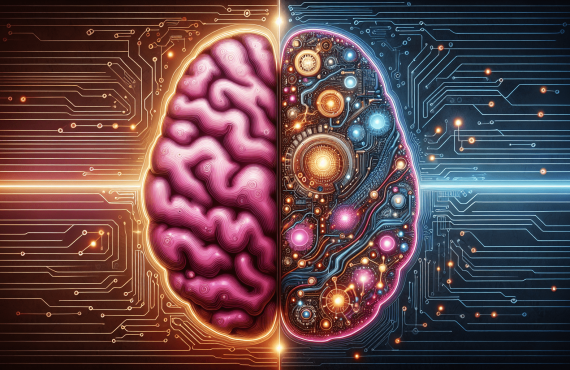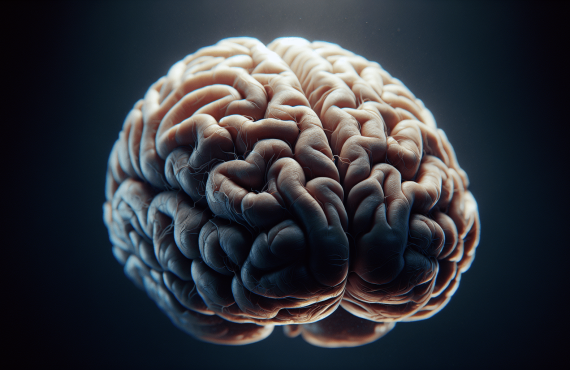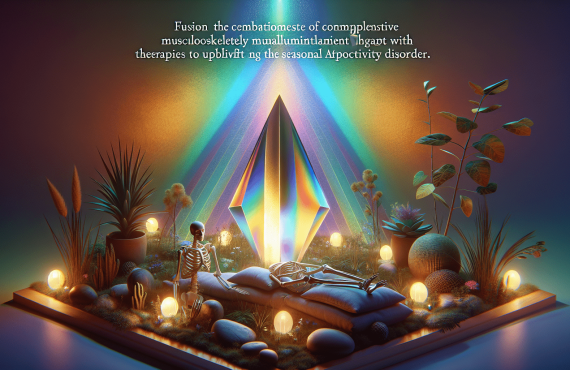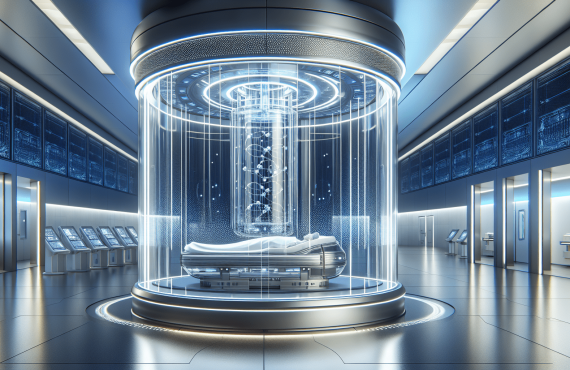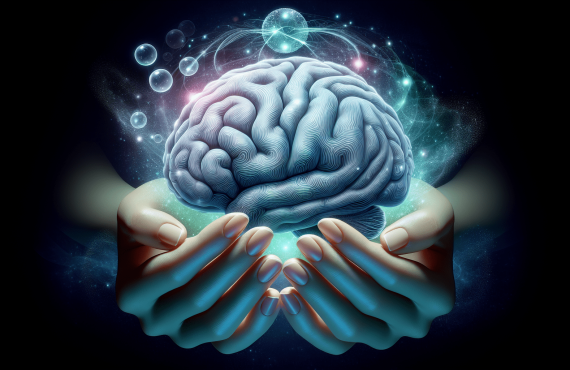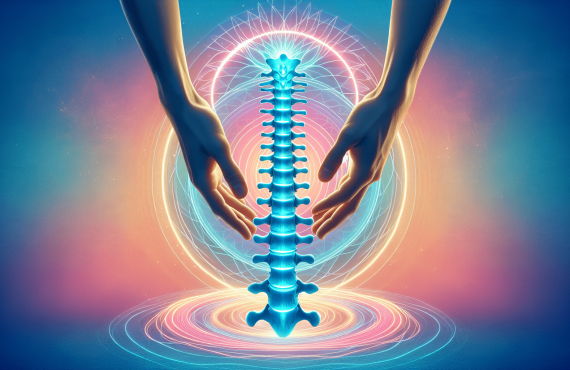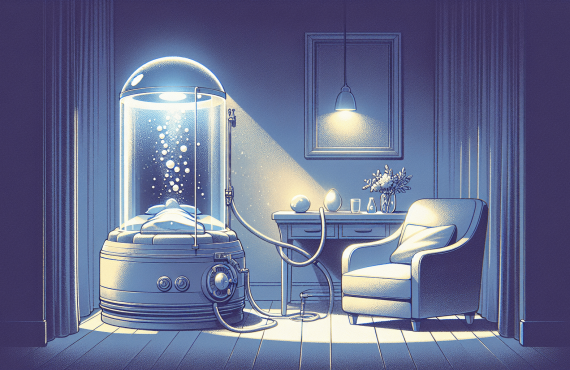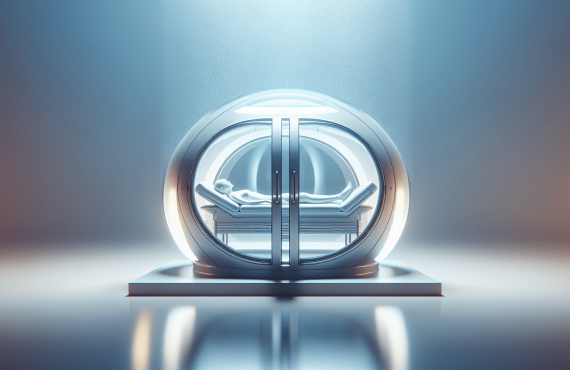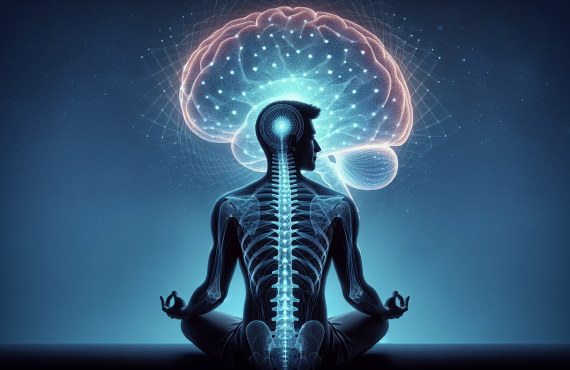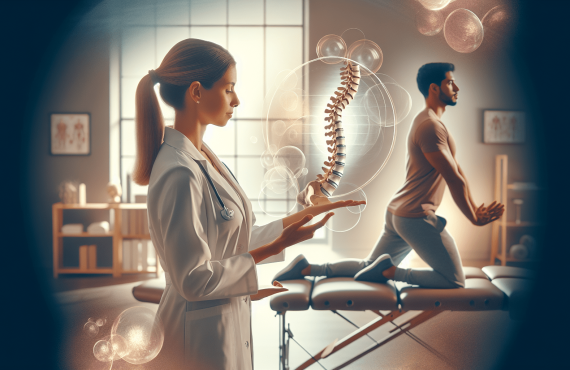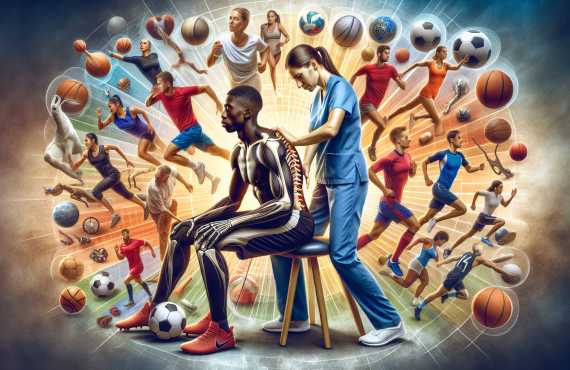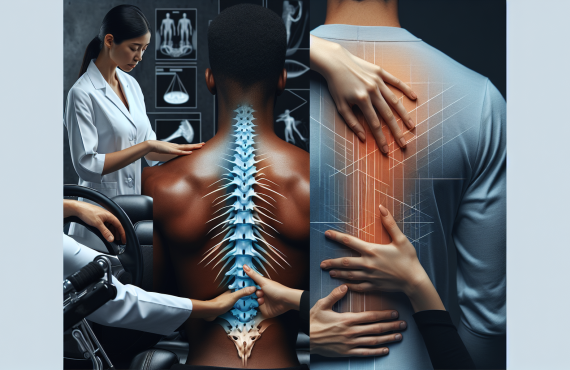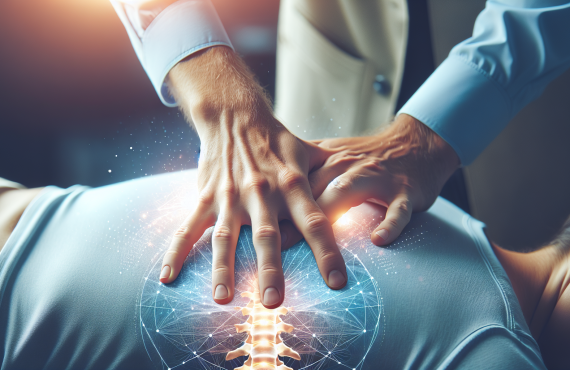Can life still feel normal when dealing with brain damage? This question might cross your mind if you or someone you love is facing such challenges. Living with brain damage can present unique hurdles, yet many find ways to adapt and thrive. With the right approach and support, achieving a fulfilling life remains within reach.
Table of Contents
Understanding Brain Damage
Brain damage refers to a range of conditions that affect brain function due to injury or illness. These changes can impact one’s cognition, emotions, and physical abilities. Understanding brain damage involves recognizing its diverse causes, effects, and potential treatments.
Types of Brain Damage
Brain damage isn’t a single entity. It varies widely based on the cause and severity. Here are some common types:
- Traumatic Brain Injury (TBI): Often the result of an accident or physical trauma, TBIs can range from mild concussions to severe injuries.
- Acquired Brain Injury (ABI): This refers to damage caused by factors like strokes, infections, tumors, or neurological diseases.
- Hypoxic or Anoxic Brain Injury: Occurs when the brain is deprived of oxygen, potentially leading to lasting damage.
Knowing the type of brain damage helps tailor the approach to managing it.
Symptoms and Diagnosis
Symptoms of brain damage vary widely. They can include confusion, memory loss, coordination difficulties, and emotional changes. Diagnosis typically involves a combination of medical history evaluations, physical exams, and imaging tests like MRIs or CT scans. Identifying the extent of damage is crucial for crafting an effective management strategy.
Navigating Life with Brain Damage
Living with brain damage requires adjustments. It’s not only about medical treatments; it’s about redefining daily life. This means learning new ways to cope, finding resources, and sometimes altering personal or professional goals.
Adapting Daily Routines
Small adjustments can make a big difference. For people with brain damage, setting clear routines and using reminders can help manage daily tasks. Utilizing tools like organizers, digital reminders, or specialized apps aids in keeping track of important activities.
Rehabilitation and Therapy
Rehabilitation plays a significant role in regaining independence. Physical therapy can help improve mobility and balance, while occupational therapy focuses on daily living skills. Speech therapy might be necessary if communication is affected. Each therapy targets specific challenges and works towards improving quality of life.
Emotional and Psychological Support
The emotional toll of brain damage can be significant. It’s essential to seek psychological support to work through changes in mood, identity, and relationships. Cognitive behavioral therapy (CBT) and support groups provide valuable frameworks to process emotions and connect with others facing similar challenges.

Can Brain Damage Be Treated?
While brain damage can be permanent, treatment focuses on minimizing its impact and enhancing function. The approach to treatment varies based on the type and severity of the damage.
Medical Interventions
Certain medications can help manage symptoms. For example, drugs may be prescribed to address seizures, depression, or spasticity. Managing these conditions can greatly improve a patient’s quality of life.
Hyperbaric Oxygen Therapy
Hyperbaric Oxygen Therapy (HBOT) is an innovative treatment involving exposure to pure oxygen in a pressurized chamber. This therapy boosts oxygen levels in the blood, promoting healing and tissue repair. It’s used for various conditions, including some types of brain damage. Patients breathe 100% oxygen at elevated pressures, enhancing the body’s natural healing processes.
Henry Chiropractic in Pensacola, FL, offers HBOT as part of their comprehensive care. For more information, you can contact them at:
Henry Chiropractic
1823 N 9th Ave
Pensacola, FL 32503
(850) 435-7777
website
Rediscovering a New Normal
Learning to live with brain damage involves redefining what “normal” means. Accepting changes and finding joy in new routines can improve life quality. Engaging in adaptive sports, creative activities, or vocational retraining opens new paths of purpose and fulfillment.
Building a Support Network
A strong support network is crucial. Family, friends, healthcare professionals, and support groups provide emotional support and practical help. Connecting with others can offer insights and encouragement, making challenges more manageable.
Returning to Work or School
Returning to work or school may be a goal. It’s important to explore accommodations that can facilitate this transition, like flexible schedules or specialized equipment. Communicating openly with employers or educators about needs and abilities is vital.

FAQs
To provide quick answers to common questions, here are some frequently asked questions about living with brain damage:
Q1: Can brain damage be completely healed?
A: While some effects may improve over time, brain damage is often permanent. Treatment focuses on managing symptoms and improving life quality.
Q2: What activities can help in rehabilitation?
A: Activities like brain exercises, physical therapy, and engagement in hobbies can aid rehabilitation and maintain brain health.
Q3: How does hyperbaric therapy assist with brain damage?
A: HBOT increases oxygen levels in the blood, which may promote healing and mitigate symptoms associated with certain types of brain damage.
Q4: Can a person drive after brain damage?
A: This depends on the severity and type of brain damage. A medical evaluation determines whether driving is safe or advisable.
Q5: What resources are available for support?
A: Support groups, counseling services, and rehabilitation programs provide valuable resources for people living with brain damage.
Embracing Life with Brain Damage
Despite the challenges, many individuals with brain damage lead fulfilling lives. Continuously adapting and seeking new resources and support fosters resilience. The journey involves embracing change, celebrating progress, and finding joy in the present moment.
In Pensacola, Henry Chiropractic, under the care of Dr. Craig Henry and Dr. Aaron Hixon, offers a range of supportive treatments. Their expertise in chiropractic care and holistic wellness can complement traditional medical approaches to managing brain damage.
Ultimately, while the road may require adjustments, living a “normal” life with brain damage is possible with perseverance and a positive mindset.


